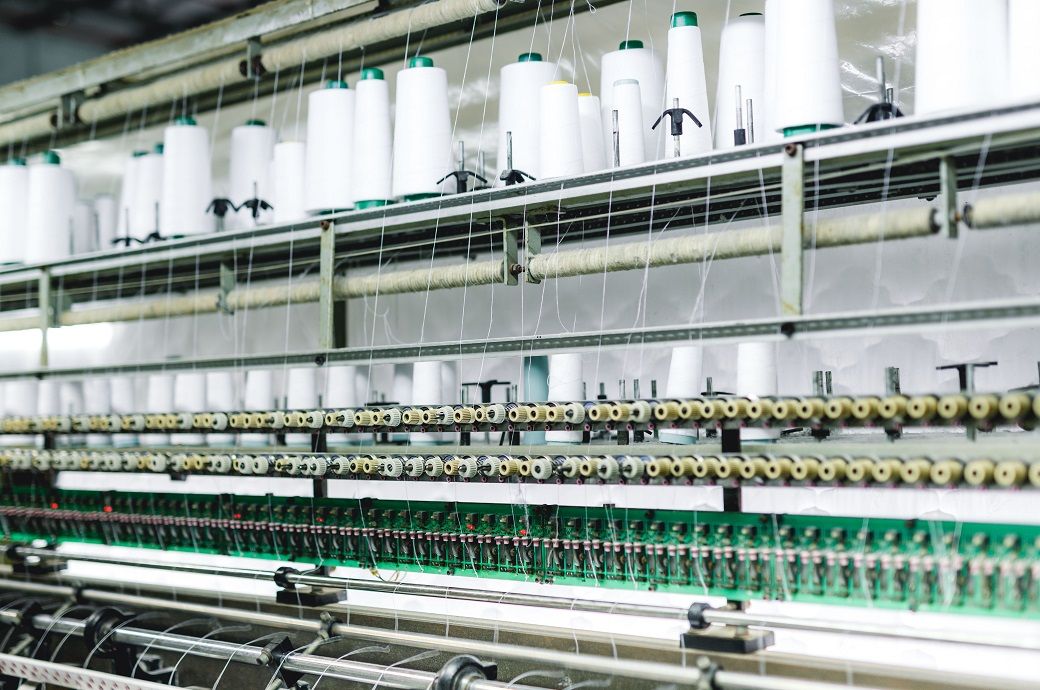
Addressing the joint Press Meet in Coimbatore, T Rajkumar, president, CITI, and Ravi Sam, chairman, SIMA, stated that textiles and clothing industry is currently facing an unprecedented financial stress mainly due to the prolonged Russian-Ukraine war that has impacted the EU and US markets, higher inflation, slowdown in global economy, 11 per cent import duty levied on cotton, and disruption in the supply of man-made fibres due to certain practical difficulties in implementing Quality Control Orders (QCO). The cumulative impacts are an 18 per cent drop in total textile and clothing exports, 50 per cent drop in yarn exports, and 23 per cent drop in cotton textiles exports when compared to the previous year.
The industry bodies said that the country currently has over 30 per cent excess capacity across the textile value chain, especially in the capital-intensive sectors like spinning and weaving. The banks have given red alerts to most of the textile units across the country owing to the unforeseen financial stress. The repayment for the short-term loans extended during the COVID-19 period has significantly increased the financial burden of the textile industry. A majority of the SME spinning mills in Tamil Nadu have announced stoppage of production and sale of yarn from July 15, 2023.
The spinning sector’s huge working capital eroded as the cotton prices have crashed from ₹63,000 per candy of 356 kg during April 2023 to ₹56,000 per candy in July 2023. The mills are incurring loss of ₹10 per kg of yarn even on current lower cotton prices. Steep increase in power tariff, especially for the SME units in Tamil Nadu, has also made 2,000 spinning mills in the state uncompetitive.
The two organisations said that the textile industry urgently needs interim financial relief to prevent the units becoming NPAs (non-performing assets) and causing irreparable trouble for both the financial institutions and the textile units, especially the SME units. The heads of industry bodies demanded removal of 11 per cent import duty levied on cotton.
The industry bodies have also sent a memorandum to the Indian Banks Association and all the leading financial institutions seeking relief. They have urged them to extend one-year moratorium for repayment of the principal amount for the textile sector. Also, loans under ECLGS should be converted to six-year term loans in place of three-year loans. Financial assistance is also needed on case-to-case basis to mitigate the stress on working capital.
In a separate request to the Tamil Nadu government, they have sought relief in power tariff as the industry is not capable to bear steep rise.
CITI and SIMA said that the Indian industry can reap benefits of recent FTAs with the Western countries only in 2024 (once FTAs are agreed, signed and implemented), but the textile units would not be able to survive till such time without any relief from both the Central and state governments.
Fibre2Fashion News Desk (KUL)